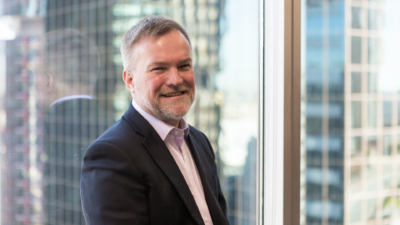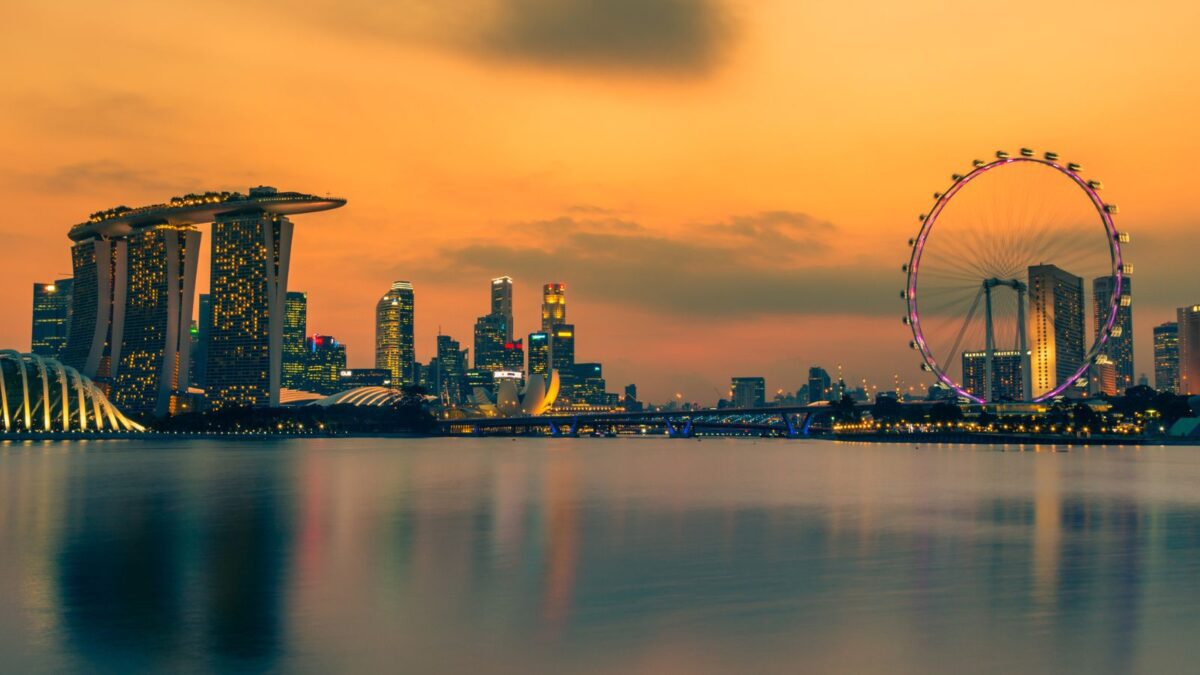Why big super is still missing the opportunity on its doorstep
It’s the developing world rather than the developed with the biggest unmet investment need, but Australia’s institutional investors still think the opportunities in their own backyard are too risky – too difficult to understand, too politically unstable – to pursue.
That belief is (mostly) mistaken, according to Nicola Yeomans, co-head of King & Wood Mallesons global private capital practice, who told the Frontier Advisors conference that plenty of other big institutional investors have already cracked South East Asia and are reaping the rewards.
“I’ve been doing deals in South-East Asia and India for 17-18 years, and I look at the political stability of the region and compare it to what’s happening in places like France and US, and I personally feel that there is a lot of stability in ASEAN (Association of Southeast Asian Nations),” Yeomans said. “There’s a lot of certainty around legal structures and the rules that apply to foreign investment.
“If I think about what sovereign wealth funds are doing, what the Canadian pension funds are doing, what the Middle Eastern funds and the money coming from North Asia is doing – they’re thinking about that risk: country risk, bribery and corruption risk, political risk, regulatory risk – and they’re coming up with a risk-weighted return expectation on the investments they’re making.”
While establishing a local office has typically been seen as key to getting investments off the ground in ASEAN, and some international pension funds maintain a significant presence in Singapore or Hong Kong, others are perfectly comfortable assessing opportunities from their bases in Toronto or London. The key, Yeomans said, is partnering well, whether that’s with a local organisation or a big global investor with hands-on experience like KKR or Macquarie.
“You can’t just touch down at Changi and do the negotiations at Changi and fly out,” Yeomans said. “You have to get onto the ground, spend time with partners, learn, learn, learn, build relationships. It’s a relationship region, and culturally different in each country… At the end of the day it’s about whether you like the person, and whether you trust them and can get to know them.
Nicholas Moore, former Macquarie chief and the Commonwealth’s special envoy for South East Asia, noted that the amount of foreign direct investment (FDI) in the region from Australian organisations had fallen even as other countries substantially increased theirs, saying that “the rest of the world is seeing something different than the Australian corporate and investment sectors”. Australian investments in the region account for around three per cent of our FDI, compared with four per cent in New Zealand alone – a “fabulous country”, but not one with the opportunities of ASEAN.
“People have naturally been looking to the major markets from a corporate and investment viewpoint,” Moore said. “Which are the United States and Europe and, to a lesser extent North Asia, rather than to South East Asia. Those markets have been terrific in the past, but looking forward we’re going to see stronger growth in this region, and from a national viewpoint our neighbours matter, and the government is unashamedly saying that the region matters and that it’s a good investment destination as well.”











